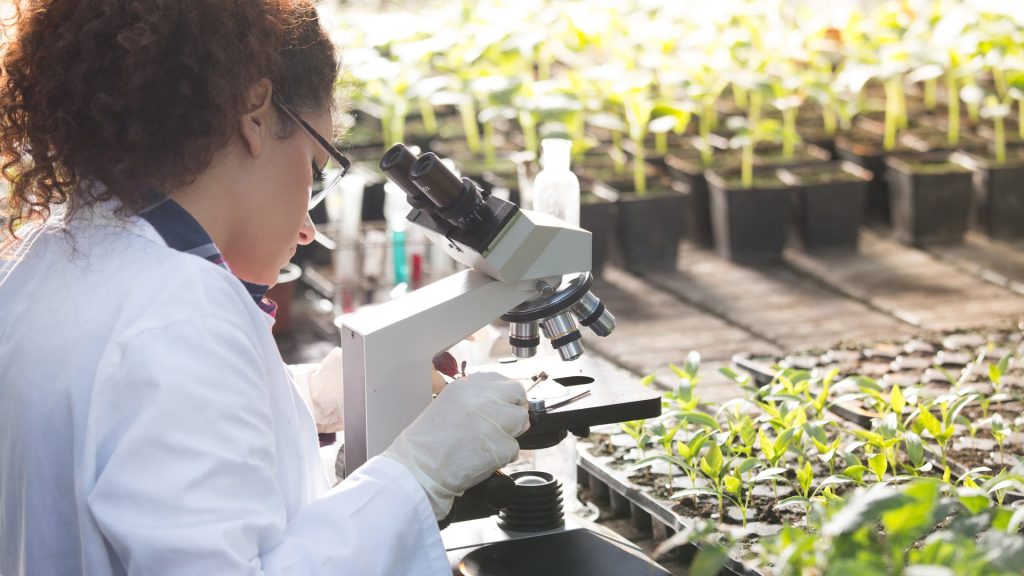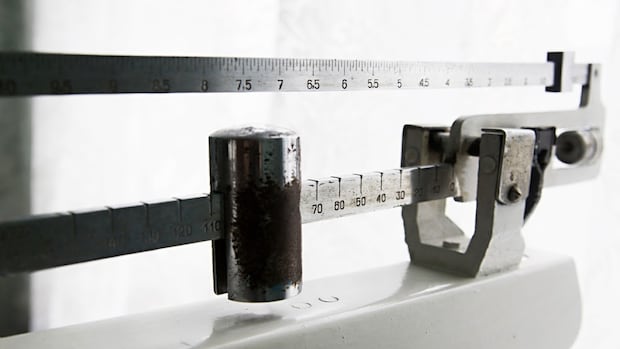
The Internet and new technologies enliven the role that citizens can play around us in the documentation of the world.
This was science in the late 18th and early 19th century – a pulsating world of nerds and amateurs who try to document the way the world works in their free time. It was less an institution than a love work such as sculpture or poetry. London was a kind of hub full of scientific societies and clubs-they were like the Maker Faires, the do-it-yourself collectives, the hack a-thons of the Enlightenment. In the United States there was great interest in collecting plant and animal samples and documenting the natural history of North America. The barriers of the time kept certain people away from science. (There were only a few color scientists, although women succeeded in pushing themselves into influential scientific circles in Europe and America, and black inventors made important technological contributions in the United States.) Nevertheless, the technology was cheap for scientific observations, it was much unknown, and almost everyone could make an important contribution with the available means.
Did we forget what science is for?

During the United States in the election campaign, some politicians and speakers spoke as if science was not a means of gathering knowledge, but a kind of cabal. The then presidential candidate Donald Trump met with leaders of a discredited anti-vaccination group and described the global warming as a joke that was created by and for the Chinese to make the United States. Production not competitive. ”Matt Drudge, publisher of the right-wing extremist Drudge report, accused the National Hurricane Center on Twitter that the intensity of the hurricane Matthew has exaggerated, although more than 1,000 people were killed in Haiti. The Texian MP Lamar Smith used the House Committee on Science, Space and Technology to raise the National Oceanic and Atmospheric Administration and accuse them of changing data.








